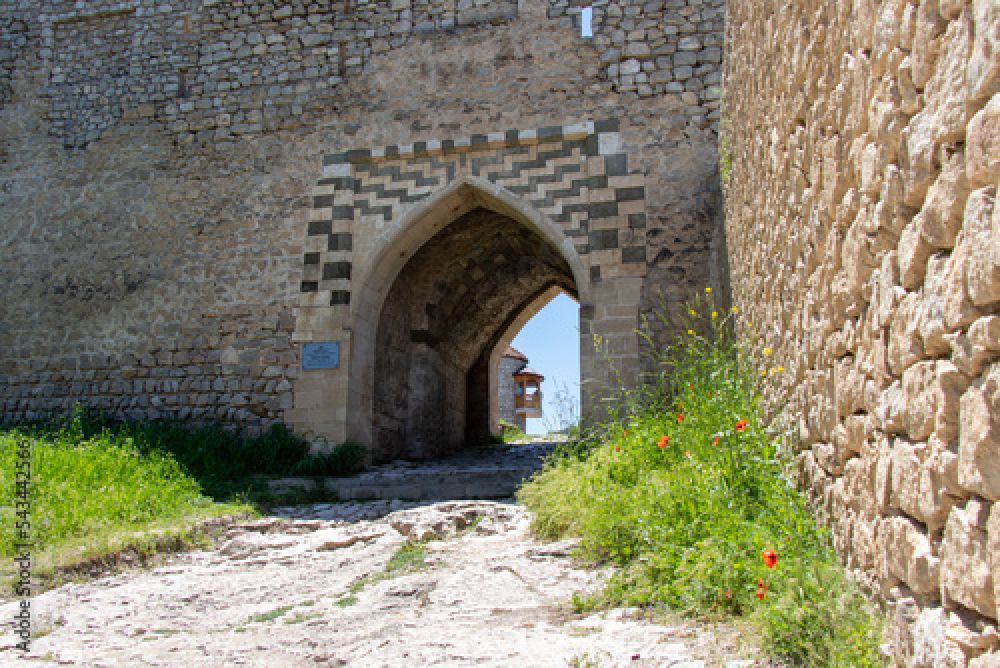

Shusha Fortress, also known as Shushi Fortress, is a historic fortification that stands watch over the strategically important city of Shusha in Azerbaijan. This city, perched on a mountaintop in the disputed region of Nagorno-Karabakh, has long been a focal point for cultural and military activities. The fortress itself is a testament to the region's turbulent history.
Shusha Fortress was built in the 18th century by Panah Ali Khan, the founder of the Karabakh Khanate, as a defensive bulwark against invaders. Over the centuries, it has been the site of numerous battles, owing to its strategic location—a fact that has shaped the culture and narrative surrounding the city of Shusha. The fortress and the city have changed hands multiple times throughout history, reflecting a broader regional struggle for control in the Caucasus.
In the past, Shusha was known not only for its military significance but also for its cultural influence. The city has been home to poets, musicians, and artists, earning it the title of the "Conservatory of the Caucasus." This rich cultural heritage once made Shusha a magnet for tourism in the South Caucasus region.
During the Soviet era, visitors came to experience Shusha's diverse cultural tapestry and to enjoy the unique blend of Armenian and Azerbaijani heritage that characterized the city. The Shusha Fortress was particularly popular among history enthusiasts and scholars interested in military architecture. Festivals, concerts, and other cultural gatherings were commonly held, which further boosted visitor numbers.
Tourism in Shusha suffered a severe blow in the late 20th century due to the Nagorno-Karabakh conflict. The intense fighting led to significant destruction in the region and left many historical sites, including the Shusha Fortress, in a state of disrepair. As a result, tourism came to an almost complete standstill, and the city's vibrant cultural scene was put on hiatus.
Following the 2020 Nagorno-Karabakh war, control over Shusha was regained by Azerbaijan. In the aftermath, the Azerbaijani government expressed intentions to revive Shusha as a cultural capital and reinvest in its tourism infrastructure. Restoration projects to rehabilitate the Shusha Fortress and other historical sites in the city are underway, as the focus shifts toward sustainable and cultural tourism.
Eco-tourism and cultural revival are central to Shusha's emerging tourism landscape. Efforts have been made to capitalize on the city's historical significance, its natural beauty, and its status as part of Azerbaijan's cultural heartland. There is great potential for Shusha to once again become a hub for tourists seeking a mix of history, culture, and the stunning mountain scenery of the Caucasus.
As restoration continues and stability returns, Shusha is poised to reclaim its position as a significant cultural and touristic destination in Azerbaijan. The Shusha Fortress remains a powerful reminder of the city’s historical resilience and is expected to play a key role in the future development of tourism in the region.
The road ahead for Shusha looks to embrace its past, rebuilding its cultural institutions and monuments to attract tourists from around the world. With careful planning and a commitment to peace and cultural exchange, Shusha's historical and cultural sites, like the Shusha Fortress, anticipated to become shining examples of the region's potential for tourism once again.